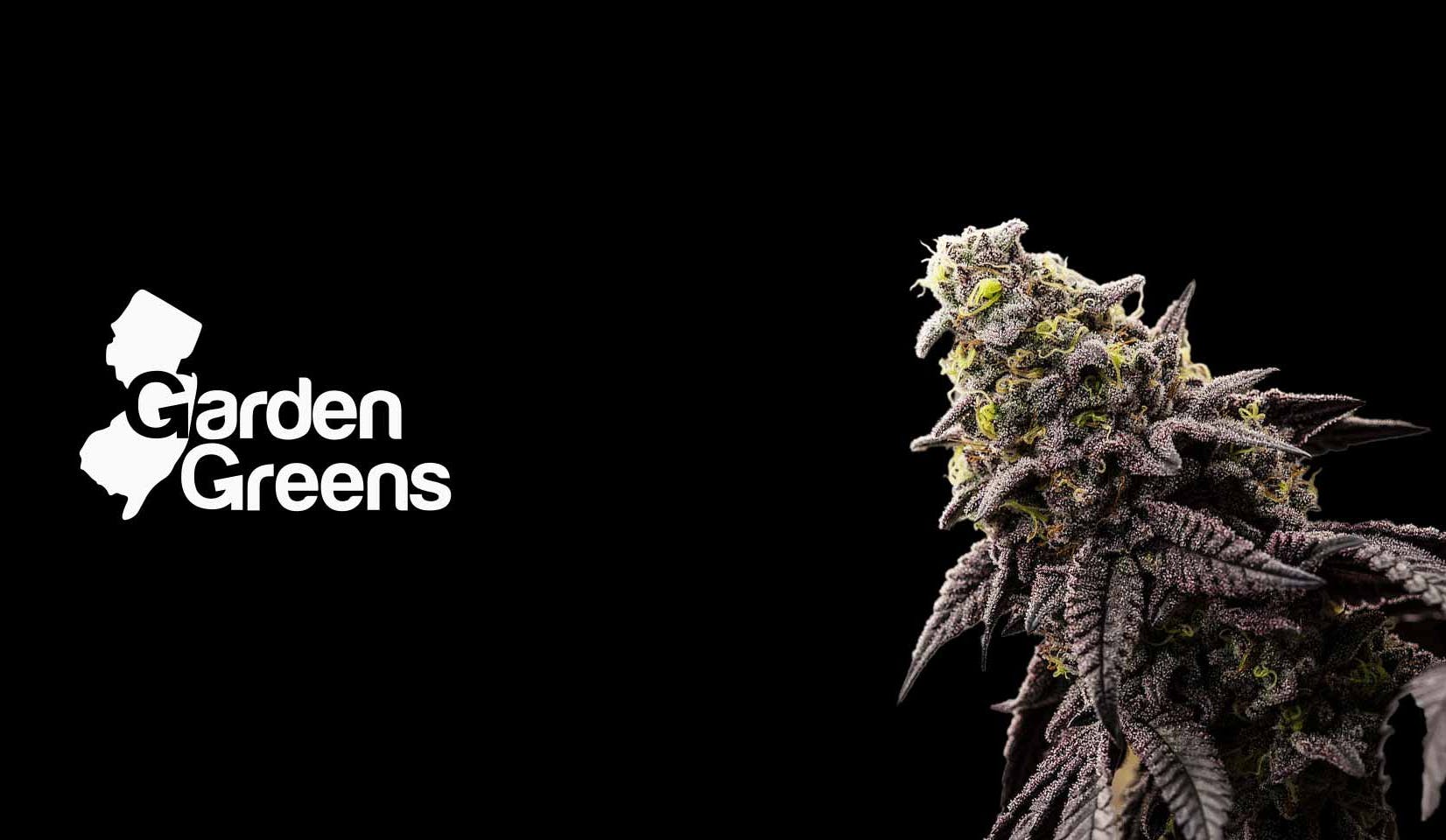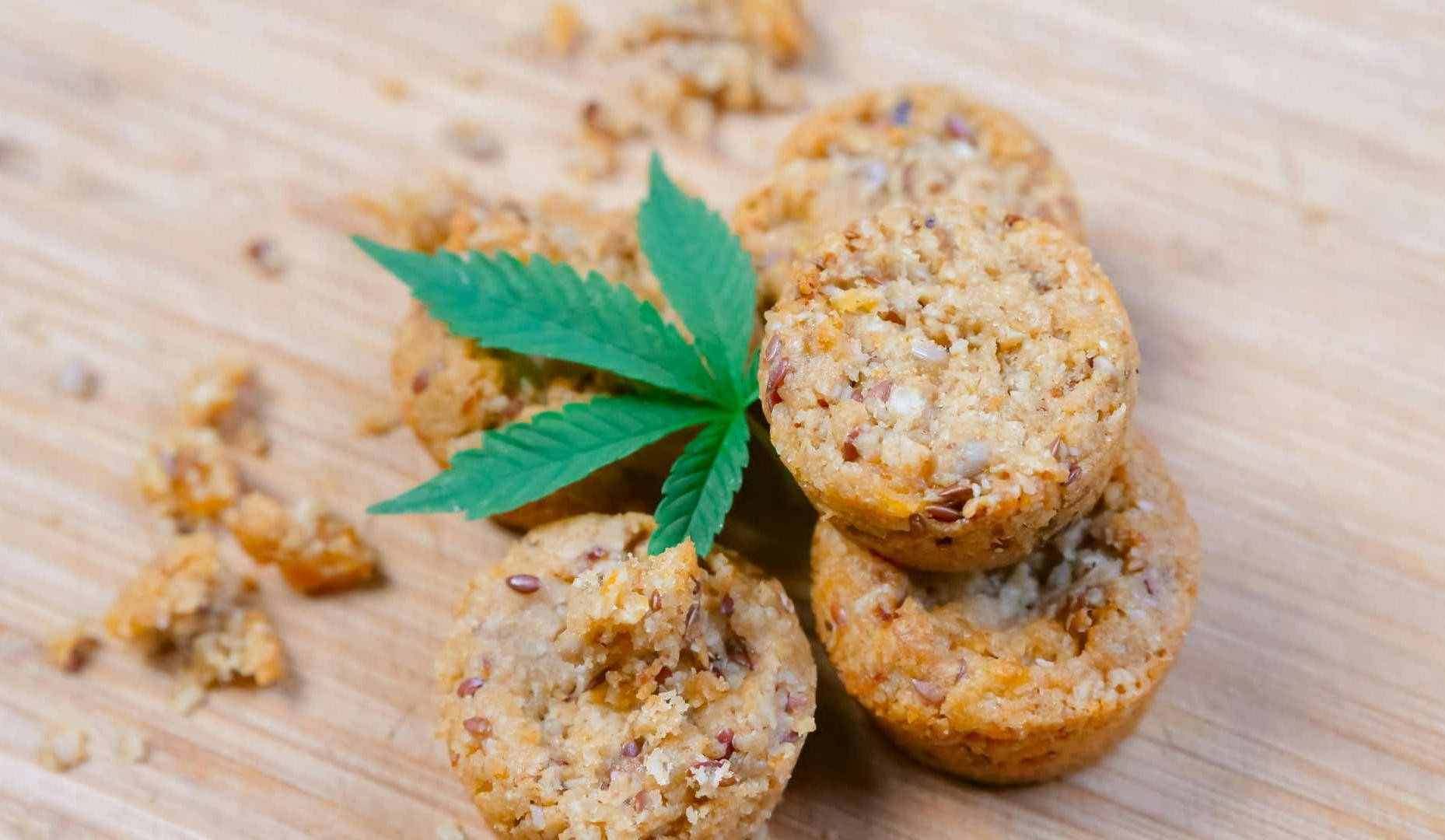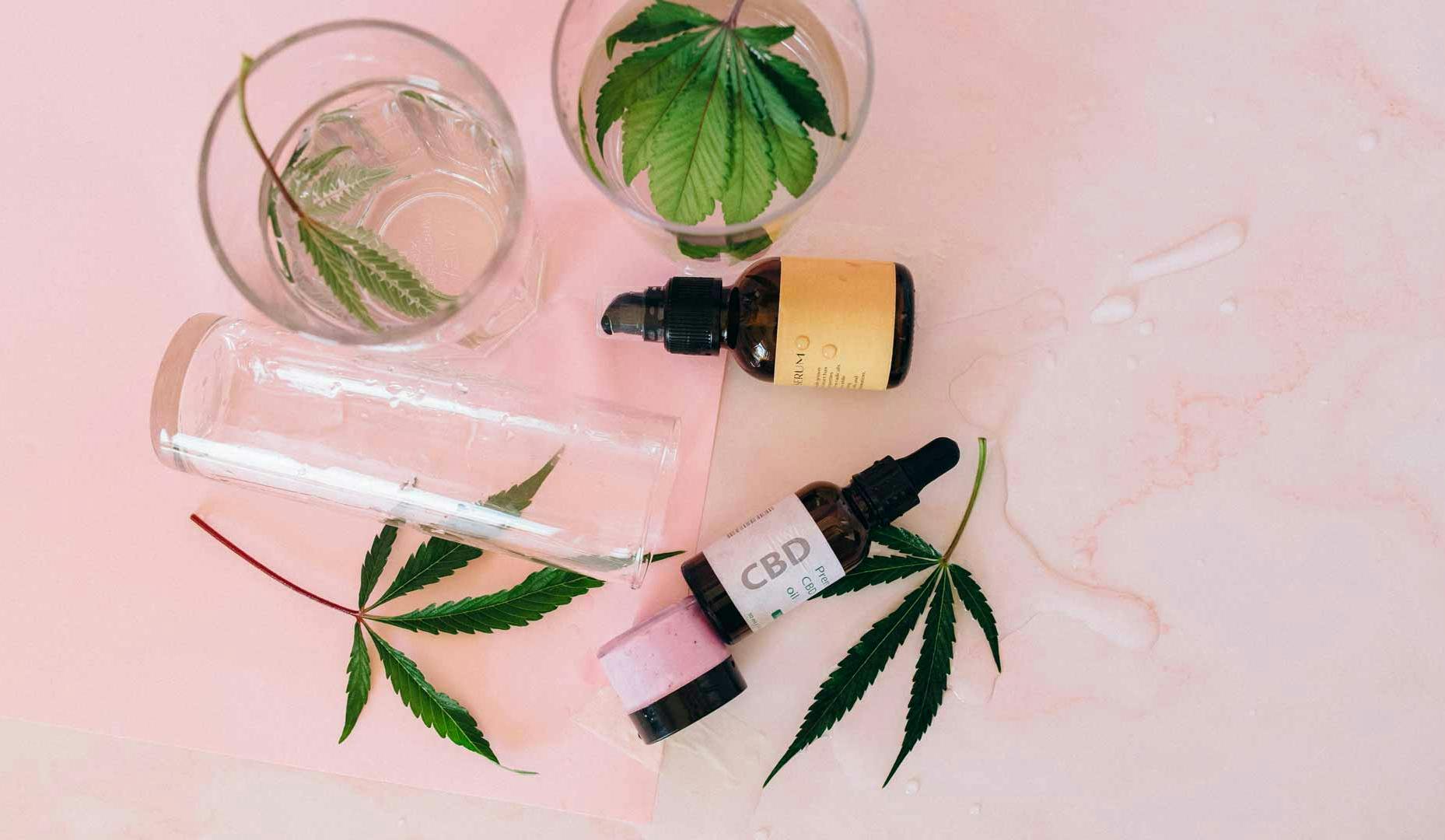THC and THCa sound similar, but they’re not the same thing. Both come from the cannabis plant, yet they affect your body in very different ways. Knowing the difference can help you choose the right product for your needs.
What is THCa
THCa stands for tetrahydrocannabinolic acid. It’s found in raw cannabis before any heat is applied. In its natural state, THCa is non-psychoactive. That means it won’t make you feel high if you eat it or use it without heating. People often get THCa from fresh cannabis leaves, raw flower, or certain concentrates. Some use it for its potential wellness benefits like reducing inflammation, but research is still early.
What is THC
THC stands for tetrahydrocannabinol. It’s the compound responsible for the “high” most people associate with cannabis. THC is created when THCA is heated — a process called decarboxylation. This happens when you smoke, vape, or cook cannabis. Once converted, THC binds to receptors in your brain and can change mood, perception, and energy levels.
The Role of Heat
The key difference between THCa and THC is heat. Without it, THCa stays in its acid form and won’t cause intoxicating effects. With heat, THCa turns into THC and delivers the familiar cannabis high.
Why This Matters for Choosing Products
If you want the psychoactive effects of cannabis, you’ll need a product where THCa has been heated into THC. This includes flower you smoke or vape, as well as edibles made with decarbed cannabis. If you want to avoid intoxication, products high in THCa but not heated may be the better choice.
Legal Differences
In some areas, THCa is regulated differently from THC because it’s considered non-psychoactive in its raw form. However, once heated, it becomes THC, so laws often treat it cautiously. Always check local rules before buying or using THCa products.
Featured post

How to Store Marijuana for Maximum Freshness
Cannabis is a lot like fresh produce—it’s best when stored correctly. Proper storage preserves poten...

Garden Greens Spotlight: Flavor & Effect Guide
Garden Greens brings a creative mix of flavor-focused cannabis strains that say something every time...

Where to Buy Edibles in Glassboro, NJ: What Locals Recommend
If you live in Glassboro or even Pitman, Clayton, Aura, Williamstown, and Washington Township, and y...

How to Make Cannabis-Infused Chocolate Chip Cookies: A Step-by-Step Guide
Chocolate chip cookies are a timeless classic, and when infused with cannabis, they become a treat t...

What Are Tinctures and How Do You Use Them?
Cannabis comes in many forms, but tinctures remain one of the most underrated. Whether you’re a seas...











